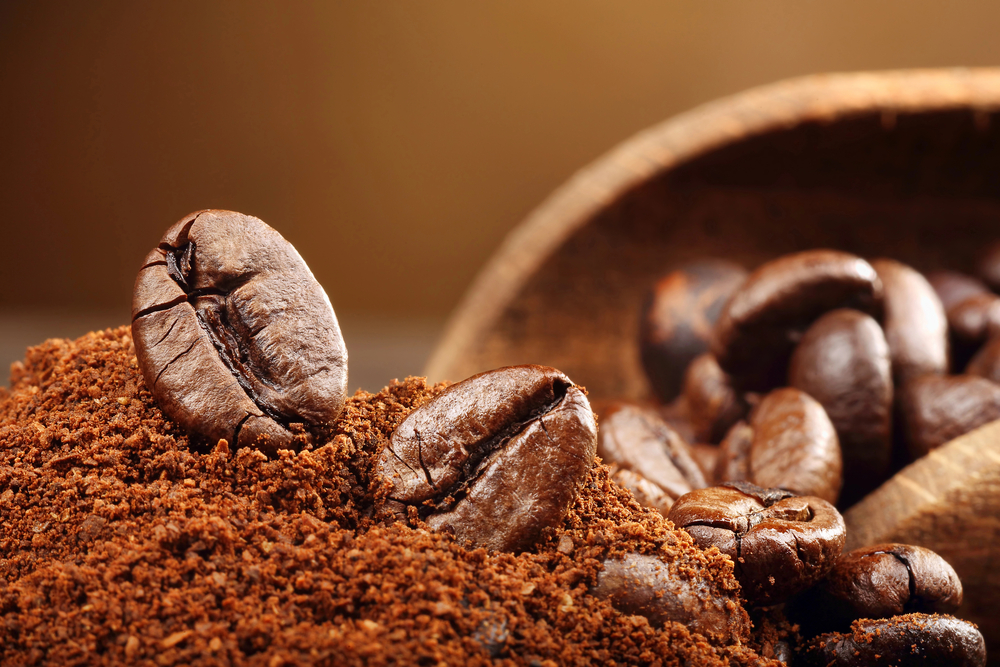Divorce can be a challenging and life-changing event. As you embark on this new phase of your life, starting a garden can be an excellent way to stay grounded and reap various economic and health benefits. Not only will you save money on lawn care and groceries, but you’ll also be actively engaging in an activity promoting physical and mental well-being. There’s no better time than now to learn all you can about gardening and explore the various benefits that await you.
1. A New Age and a Greener Perspective
Did you know that women go through their first divorce at an average age of 40? It probably seems like a daunting milestone, but it also presents an opportunity for self-discovery and growth. Gardening is an activity that can help you connect with nature, find peace, and learn about the fascinating world of plants.
2. The Challenges For You and Your Garden
As you face the challenges of growing food crops amidst 30,000 species of weeds, 3,000 species of nematodes, and 10,000 species of insects that eat plants, you’ll be amazed at the resilience and adaptability that both you and your garden possess. Maintaining soil fertility and dealing with unpredictable weather patterns are additional challenges that you and your garden must overcome. It’s the only way to ensure you get those successful crop yields you’re aiming for.
3. Saving Money on Lawn Care and Gardening
You might be surprised to learn that the average household in the United States spends $503 a year on lawn care and gardening activities. By starting a garden after your divorce, you can not only save money on these expenses but also invest in a healthier and more sustainable lifestyle. Instead of spending on fertilizers and pesticides, you can explore organic gardening methods, such as composting and natural pest control, which are both cost-effective and environmentally friendly.
4. Growing Your Groceries
One of the most significant economic benefits, not to mention health benefits, of starting a garden after your divorce is the money you’ll save on groceries. Fresh fruits and vegetables can be expensive, especially if you’re looking for organic or locally-grown produce. By growing your food, you’ll save money while also making sure that you’re consuming healthy, chemical-free produce. Moreover, the satisfaction of harvesting your own crops and enjoying a meal made from your garden’s bounty is truly priceless.
5. Embracing the Therapeutic Benefits of Gardening
Gardening isn’t just about saving money; it’s also a therapeutic activity that can help you navigate the emotional roller coaster of divorce. Working with plants, soil, and the elements is a meditative experience that allows you to process your emotions and find solace in nature’s cycles. In addition, as your garden thrives, you’ll be reminded of your own strength and resilience, instilling a sense of invaluable accomplishment and self-worth during this challenging time.
6. Boosting Local Ecosystems
As you grow your garden, you’ll be creating a haven for local wildlife, such as pollinators, birds, and other beneficial insects. By planting native species and providing food and shelter for these creatures, you’ll support your local ecosystem and promote biodiversity. This, in turn, contributes to a healthier environment and a more balanced ecosystem, which ultimately benefits everyone!
7. Connecting With Your Community
Gardening can also serve as a bridge to connect with others in your community. Sharing your gardening experiences will be an inspiration to friends and neighbors to start their gardens or even collaborate on a community garden project. Also, surplus produce from your garden can be donated to local food banks, providing fresh and nutritious options for those in need and looking for good options for health.
Starting a garden after your divorce offers numerous economic benefits, including saving money on lawn care, gardening activities, and groceries. Moreover, it serves as a therapeutic outlet that can help you heal and grow during this transitional phase. So, as you venture into your new chapter, consider cultivating a garden that will nourish your body and soul.






